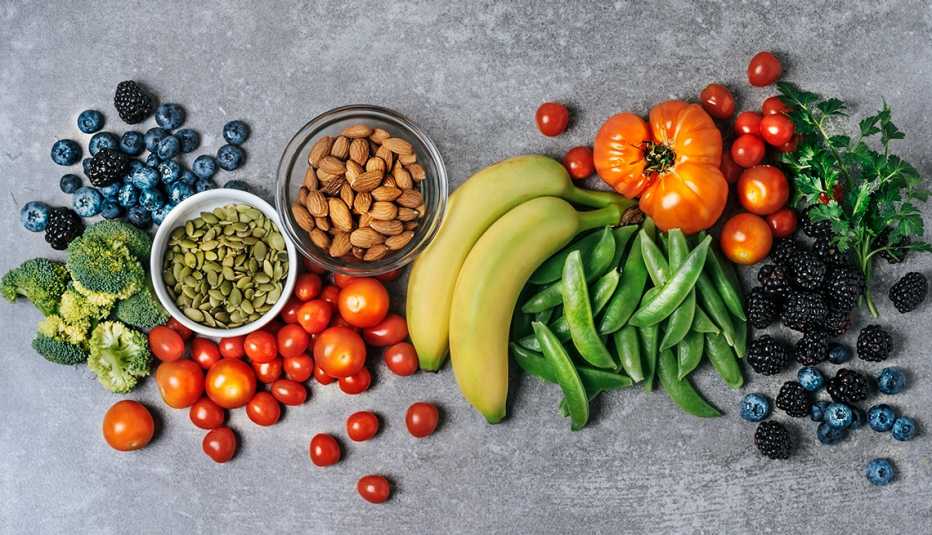Staying Fit
Many nutrition experts make a point to not demonize any particular type of food. But let's get real — if you're eating for health, there's less room on your plate for some foods than others. With evolving nutrition science and conflicting messages about what's healthy and what's not, it can be a challenge to figure out which things you'd be better off skipping. We took a close look at some of today's most feared foods to figure out what you need to know.
Meat
You've probably heard that too much meat — especially red meat — is not good for your heart. But as the meat-heavy paleo and keto diets have grown in popularity, it's become hard to avoid people piling their plates high with (bunless) burgers and bacon in the name of good health.


AARP Membership— $12 for your first year when you sign up for Automatic Renewal
Get instant access to members-only products and hundreds of discounts, a free second membership, and a subscription to AARP the Magazine.
The research on meat and health, however, suggests we stay cautious. When healthy adults upped their red meat consumption by as little as a half serving per day over an eight-year period, they were 10 percent more likely to die prematurely over the next eight years compared with people who hadn't increased the amount of red meat they ate, according to researchers at Harvard School of Public Health who tracked the diets of more than 80,000 adults. Cutting back on red meat, while eating more foods like nuts, fish, poultry without the skin, eggs, whole grains, or vegetables, however, was linked with lower risk of death. In other studies, cutting back on processed meats such as bacon and sausage has been shown to notably lower mortality risk.
As for the presumption that white meat is always healthier, it may not be — at least when it comes to your cholesterol. When healthy men and women ate diets focused on red meat, white meat or non-meat protein for four weeks each, their LDL and total cholesterol were equally elevated after both meat diets — and higher than after the non-meat weeks — according to research published in the American Journal of Clinical Nutrition. In other words, there was no cholesterol-lowering benefit to white meat over red.
Skip it? “Protein is important, but a little goes a long way,” says Joan Salge Blake, a clinical associate professor of nutrition at Boston University. If you do choose meat as your protein source, remember that three ounces — around the size of a deck of cards — is one serving. And be sure to choose plenty of other proteins such as fish and plant-based foods like beans and tofu throughout the week as well.
Sugar
The average American eats the equivalent of 17 teaspoons of added sugar per day, according to U.S. government data — that's around double the limit suggested by the American Heart Association (the AHA recommends men cap their intake at 9 teaspoons per day; women a mere 6). Even if you're not in the habit of pouring it into your coffee or using it to doctor up your morning oatmeal, you may still be taking in more sugar than you think. Much of the added sugar in our diets is hidden in unexpected foods like cereals, yogurt, bread and tomato sauce, say experts.


































































